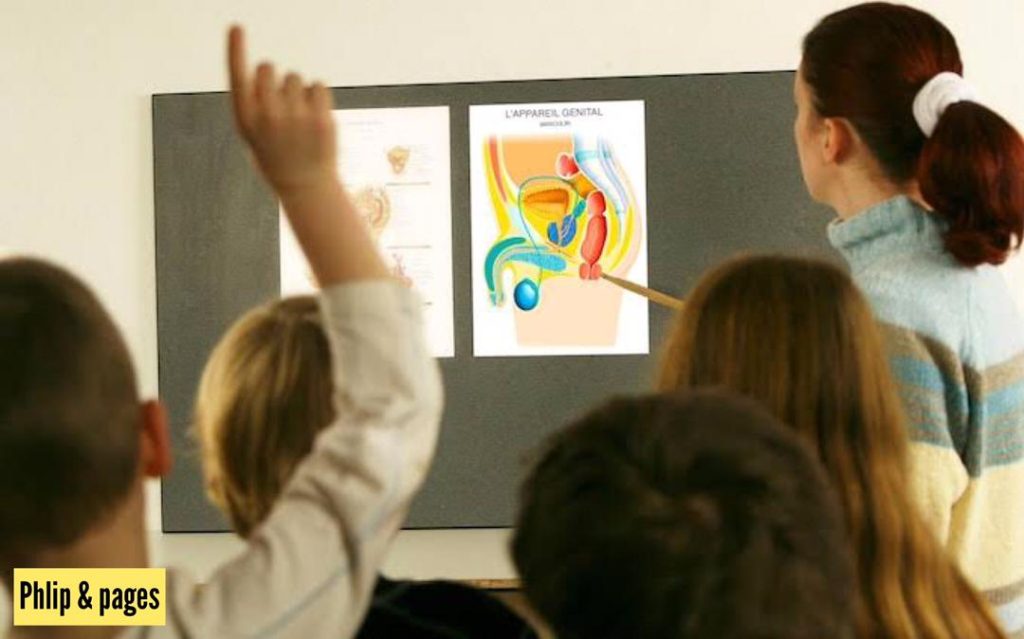Comprehensive sex education has become a highly debated topic in recent years. Some people believe that teaching children about sexuality at a young age is inappropriate and goes against traditional values. However, many experts agree that comprehensive sex education is essential to promoting healthy attitudes towards sexuality and relationships.

Comprehensive sex education encompasses much more than just information about anatomy and reproductive health. It also includes topics such as consent, healthy relationships, gender identity, sexual orientation, and communication skills. By providing children with this type of knowledge early on in life, they can develop healthy attitudes towards their bodies and others.
One of the main benefits of comprehensive sex education is that it helps reduce rates of sexually transmitted infections (STIs) and unintended pregnancies among adolescents. Studies have shown that when adolescents receive accurate information about contraception methods and safer sex practices from an early age, they are more likely to use them consistently throughout their lives.

Another benefit is that it promotes gender equality by challenging harmful gender stereotypes and emphasizing mutual respect between partners regardless of their gender identity or sexual orientation. This type of education can help prevent bullying based on someone’s perceived sexual orientation or gender identity by creating a culture where diversity is celebrated rather than shamed.
Critics argue that comprehensive sex education may encourage promiscuity or lead to premature sexual activity among youth; however studies have shown otherwise – research indicates no correlation between access to comprehensive sexual health resources/education with increased risk-taking behaviors among teens .
In conclusion, nurturing healthy attitudes towards sexuality begins with comprehensive sex education for children at an appropriate level according to their age group . Such programs should be implemented both within families as well as in schools since parents might not always be equipped or comfortable discussing these topics with their kids while school provides a neutral environment free from stigmatization . Providing young people with accurate information, communication skills, and a strong sense of self-worth is essential to help them make healthy decisions throughout their lives.
















